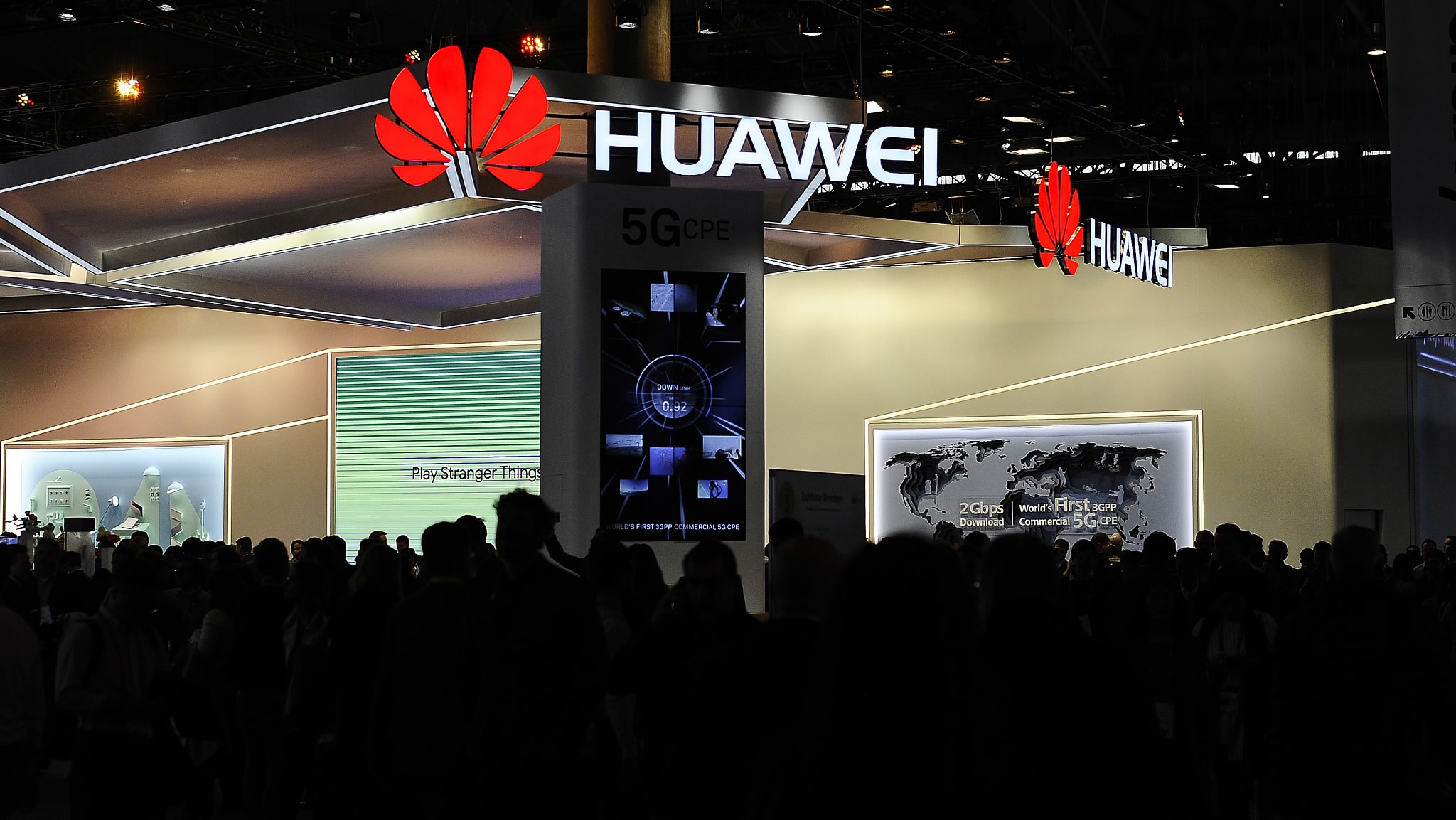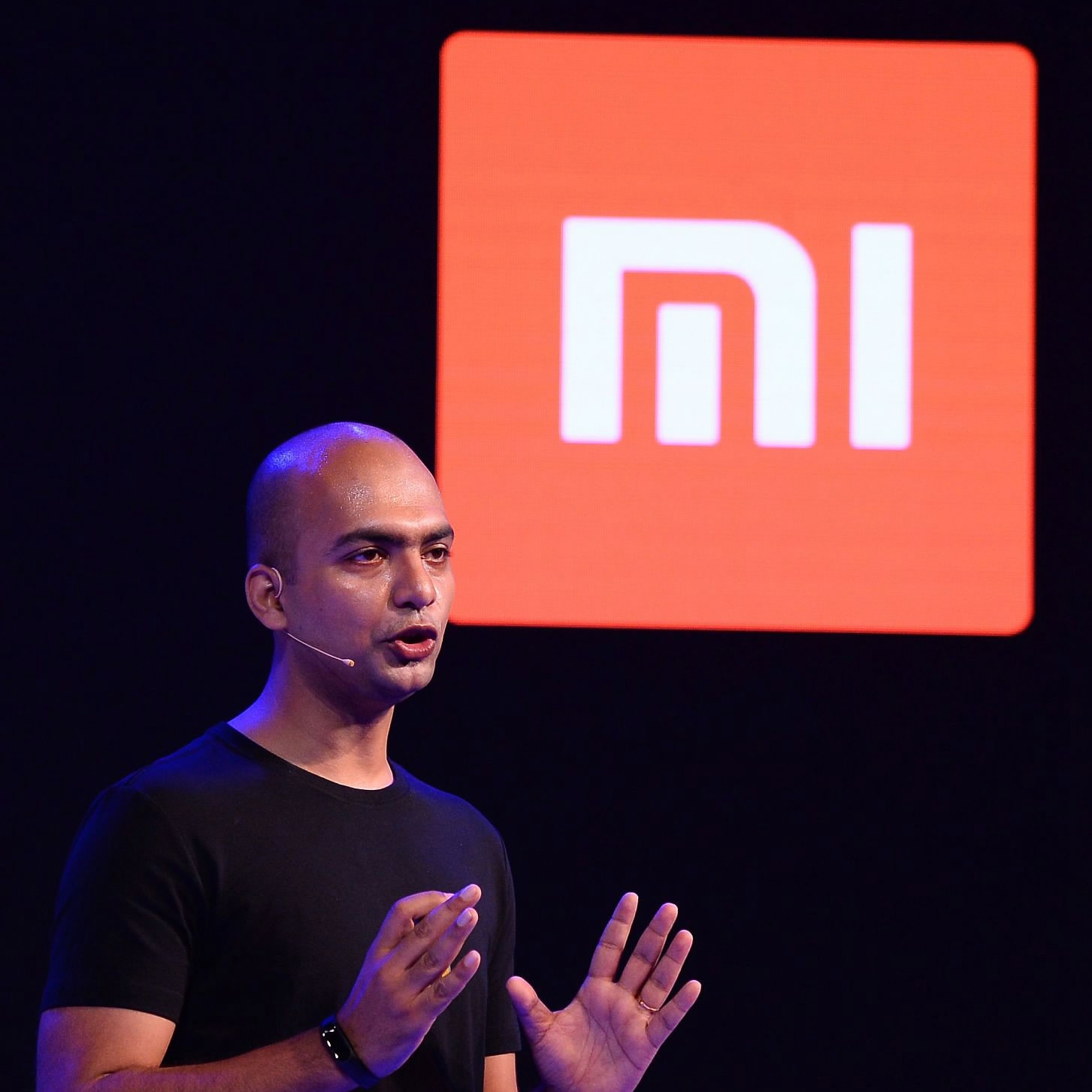
World
18:55, 20-Mar-2018
Chinese smartphone makers go global despite US blockade
Henry Zheng

China’s Huawei is now the world’s largest telecom equipment maker, making headway in developing countries despite blockades from Western countries such as the US on grounds of security concerns.
The Chinese company has now surpassed Sweden’s Ericsson AB, reported Caixin on Monday, citing research that it was the only major equipment maker to gain market share in 2017.
Huawei has suffered its share of setbacks in entering developed markets such as the US, which banned domestic carriers from buying its equipment in 2012. A year later, Australia blocked it from supplying equipment to its broadband network. Both countries had labeled Huawei a potential security threat, claiming that it had unclear ties to the Chinese government.
These efforts, however, have not deterred some of China’s telecom giants from going international. The country’s smartphone makers are instead taking up significant market share in developing countries.
Huawei is currently selling its smartphone brand Honor in India, the world’s second largest smartphone market. In fact, a majority of its smartphones are produced in India in light of high consumer demand, Honor’s product director Allen Wang told the Hindu Business Line.
Meanwhile, the popular Chinese smartphone maker Xiaomi is already dominating the Indian market. Once considered an Apple copycat, it now frequently vies for the top spot with South Korea’s Samsung. Xiaomi also brought its honed method of using limited-time sales online to increase its market penetration, in contrast to conventional celebrity advertising from Indian competitors.

Manu Jain, managing director of Xiaomi India, speaks during the launch of the Xiaomi Mi A1 smartphone in New Delhi on September 5, 2017. /VCG Photo
Manu Jain, managing director of Xiaomi India, speaks during the launch of the Xiaomi Mi A1 smartphone in New Delhi on September 5, 2017. /VCG Photo
Along with adapting to local tastes, these Chinese tech firms are bringing jobs to locals. After withdrawing from Brazil three years ago, Huawei has talked about returning to the country's smartphone market, possibly expanding its existing manufacturing operations in the state of Sao Paulo, according to business technology news website ZDNet.
Despite the increasing presence of Chinese brands, some are still trying to tap into the highly lucrative US market in addition to selling high-end devices at low price points in emerging markets. However, US intelligence officials have warned that devices with Huawei equipment may be susceptible to spying.
This concern over security motivated US President Donald Trump to block a deal that would have created the world’s third largest microchip producer earlier this month. The order cited that the Singapore-based Broadcom takeover of US chipmaker Qualcomm would have "[threatened] to impair the national security" of the country.
Analysts told the BBC that Broadcom is known for selling assets and growing through acquisitions, and so would have reduced Qualcomm’s competitiveness in R&D by shifting its priorities, allowing Huawei – and, by extension, China – to come out ahead in the race for the 5G mobile network.
(Header image: Huawei stand at the Mobile World Congress on February 26, 2018 in Barcelona, Spain. /VCG Photo)

SITEMAP
Copyright © 2018 CGTN. Beijing ICP prepared NO.16065310-3
Copyright © 2018 CGTN. Beijing ICP prepared NO.16065310-3